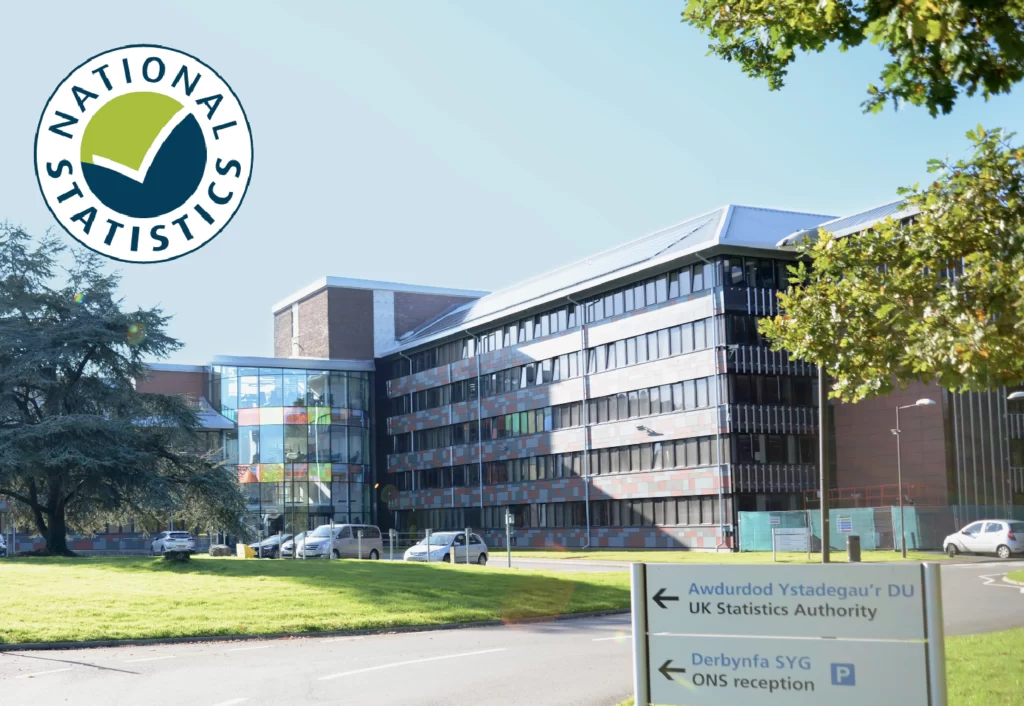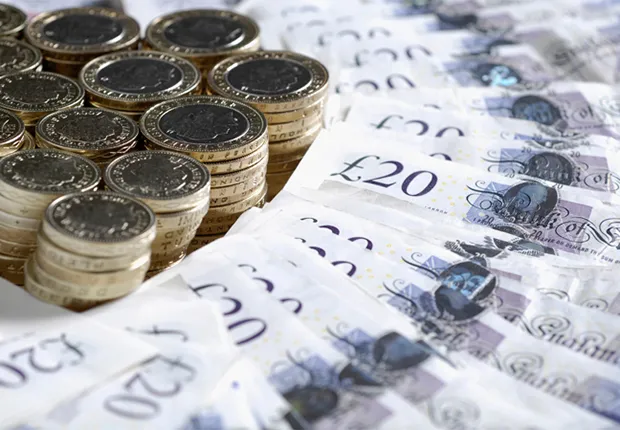According to a new analysis, the wealth divide between the richest and poorest in the UK has soared by nearly 50% over the past decade, exacerbated by stalling wages and surging asset values during the austerity years.
Researchers at the Fairness Foundation have raised alarms in a recent report, warning that this sharp rise in inequality contributes to many “arguably existential risks” for the country.
The report highlights concerns about social unrest, economic stagnation, failure to address the climate crisis, and the decline of democracy, all of which are seen as direct consequences of widening wealth inequality.
In an open letter to Prime Minister Sir Keir Starmer, signed by dozens of academics, charity leaders, and business figures, urgent action was demanded to combat the risks posed by this growing wealth gap. The letter emphasized that this disparity “actively undermines growth and productivity,” jeopardizing the Labour government’s goals across key sectors such as the economy, the NHS, clean energy, crime, and education.
The signatories urged Starmer’s government to take “bold action” by implementing measures like increasing capital gains tax and scrapping the controversial “non-dom” tax regime. They also called for a forthcoming review of national resilience to address the strategic risks of wealth inequality.
Polling commissioned by the Fairness Foundation found that 75% of voters are concerned about the impact of wealth inequality in Britain, underscoring the issue’s urgency.
Wealth Gap Growth Outpaces Most OECD Countries
The charity’s report paints a stark picture of wealth disparity, with the UK trailing only the United States among OECD nations regarding inequality. According to data from the Office for National Statistics, analyzed by King’s College London academic Ben Tippet, the absolute wealth gap in the UK grew by 48% between 2011 and 2019.

In 2011, the wealthiest 10% of households held £7.5 trillion in wealth, while the poorest 10% were £12 billion in debt. By 2019, this gap had widened dramatically, with the wealth of the richest rising to £11 trillion, while the poorest fell further into debt, now totaling £11 billion.
There was also a significant 49% increase in the wealth gap between the top 10% and the middle 10%. During the same period, the wealth of the middle group grew from £7.3 billion to £10.8 billion, illustrating how the wealthiest have pulled far ahead.
While the wealthiest 10% of households have historically owned around half of the UK’s total wealth, the gap between these households and the average family has widened further. In 2006, the wealthiest households held about £900,000 more per adult than the average household. By 2019, this figure had ballooned to over £1.2 million.
As a result, nearly a quarter of Britons now face the harsh reality of living with no assets or struggling with debt. The report highlights that the poorest half of the population holds only 9% of the UK’s wealth, leaving many without the financial safety net needed to cope with economic shocks.
The disparity is also evident between generations, with younger Britons facing a steeper climb to financial security. The report attributes this widening gap to the UK’s shift away from productive enterprise and wealth creation and towards wealth extraction through rent-seeking and asset control.
Inequality a Ticking Time Bomb for the UK
The Fairness Foundation’s chief executive, Will Snell, warned about the widening wealth gap.
“The huge and growing wealth gap between the richest and poorest households in the UK isn’t just a moral outrage. It’s also a clear and present danger to our society, our economy, our democracy and our environment.”
The report stresses that the strategic risks posed by wealth inequality are “seriously underpriced” by both politicians and the private sector. These risks are not “just hypothetical future risks” but are already being felt across the UK.
Polling conducted in July revealed that 78% of respondents were worried about the impact of wealth inequality on critical issues such as crime, the cost of living, housing, and healthcare. The report also emphasized the risks to public services, democracy, and the UK’s ability to reach its net-zero targets.
As wealth inequality continues to rise, experts warn that the gap could further destabilize the country if swift and bold measures are not taken.
READ ALSO: Former First Lady Visits Hohoe to Boost NDC Campaign




















